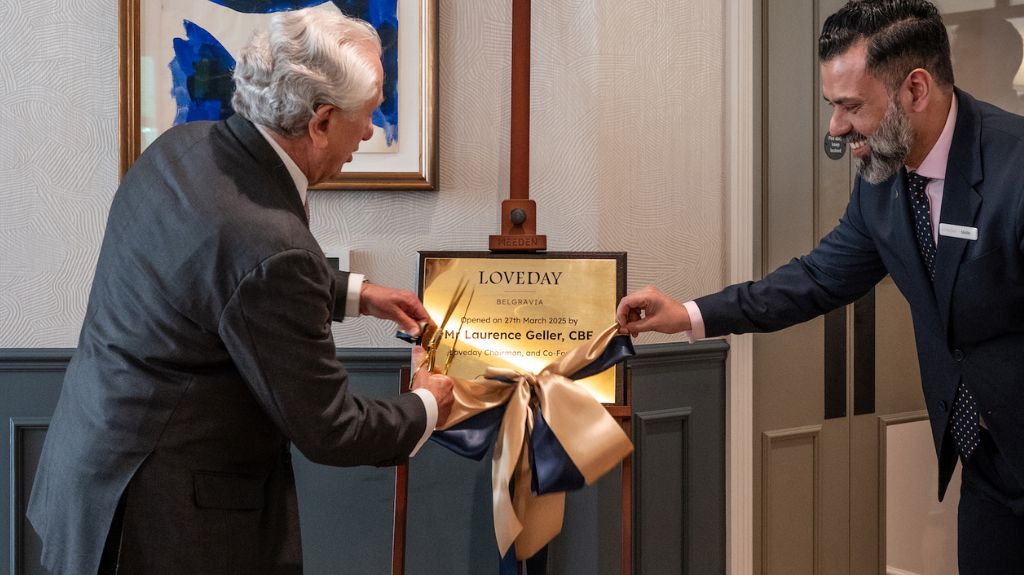Visiting rights proposals will lead to more restrictions, campaigner says
Government proposals for new legislation protecting care home visiting rights could set a dangerous precedent and lead to more restrictions, a campaigner has claimed.
The consultation that launched in June and which has now completed, proposes introducing secondary legislation to include a visiting requirement in amended CQC regulations. The CQC would be able to use civil enforcement to address any breach in regulations.
Reacting to the proposals, Rights for Residents campaign manager at Care Rights UK, Diane Mayhew, said: “We are alarmed by the long list of possible reasons it would give care providers to restrict visits. Some of the most troubling elements of the government guidance on visiting, during the pandemic, would be placed on a statutory footing. This could set a dangerous precedent, leading to more restrictive visiting arrangements, the very opposite of the government’s stated aim.
“We are also concerned about the reliance on the CQC to enforce the proposals, without granting any new powers to the regulator, such as the power to act on individual complaints. This would be vital to ensure compliance and rebuild trust in the regulator, given their inaction during the pandemic. Desperate families who turned to the CQC for help, when they were locked out of their loved one’s care were told by the CQC that they lacked the powers to intervene.”
Mayhew argued the proposals would not give vulnerable people a legal right to a care supporter in the event of a future pandemic or crisis, adding: “There remains an urgent need for the government to adopt Dan Carden’s Care Supporter Bill (Gloria’s Law) which would give all of us a legal right to unrestricted, in person support from a family member or friend that could be with us in all health and care settings in all circumstances. With winter approaching, the discovery of a new Covid strain and the possibility of more restrictions, this right is needed to protect us more than ever. Without it history may simply be repeated.”
The DHSC said it would consider the 1,400 responses to its consultation before deciding on its next steps.
The CQC said it had no comment at this stage of the consultation.




